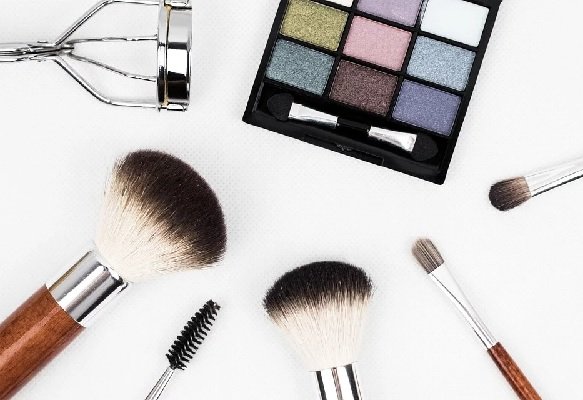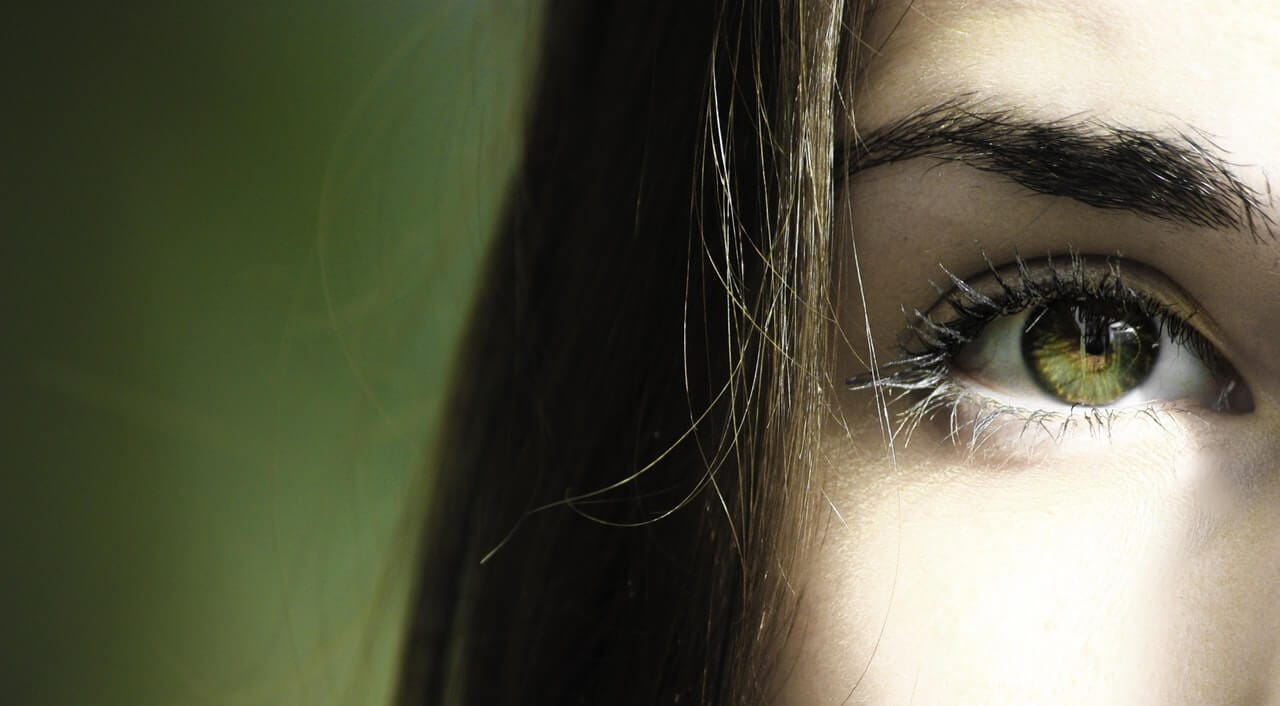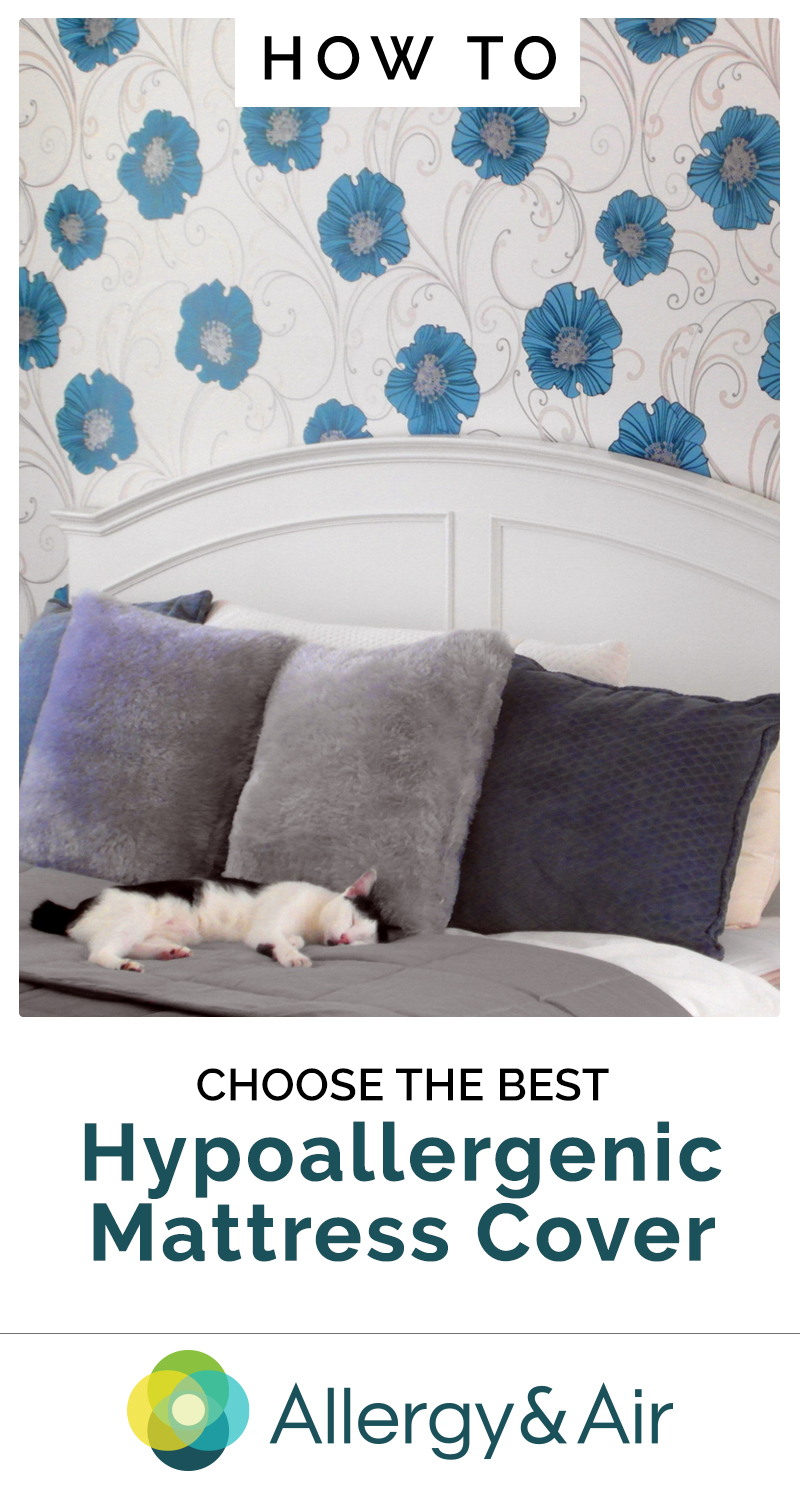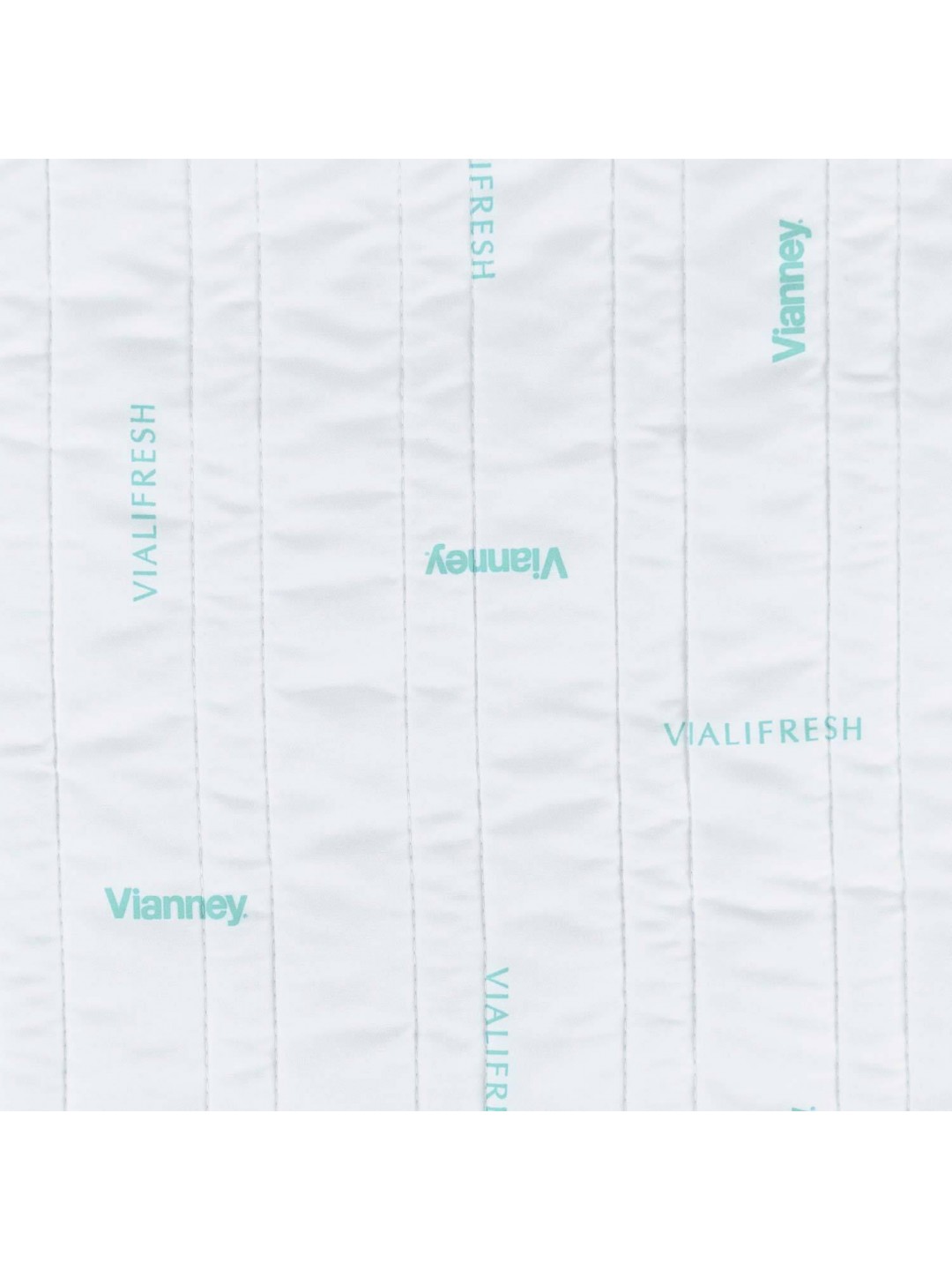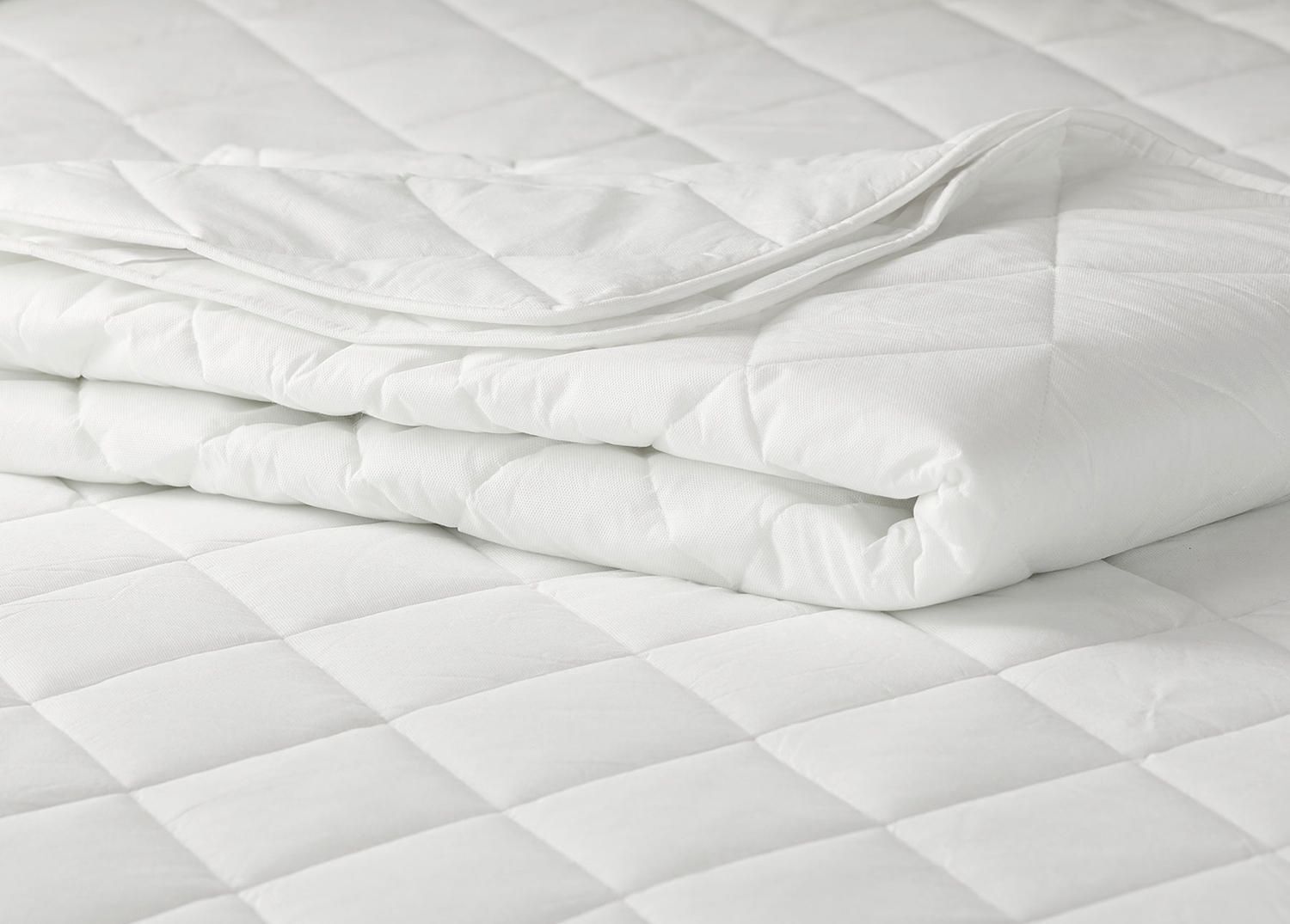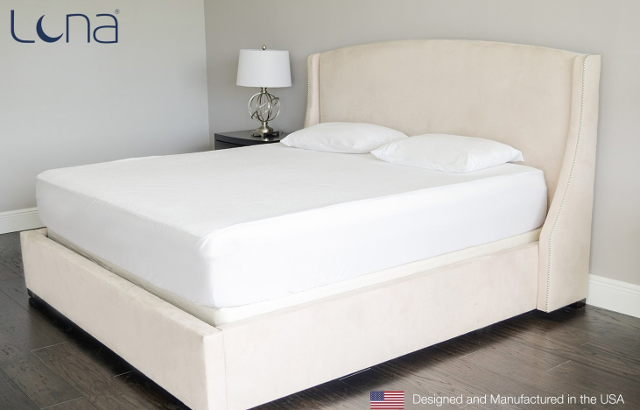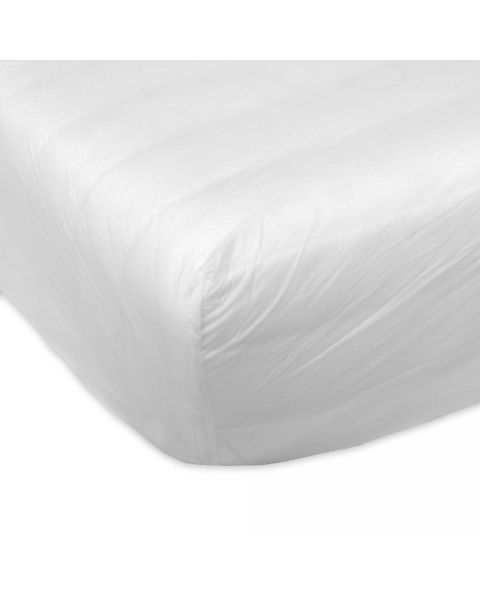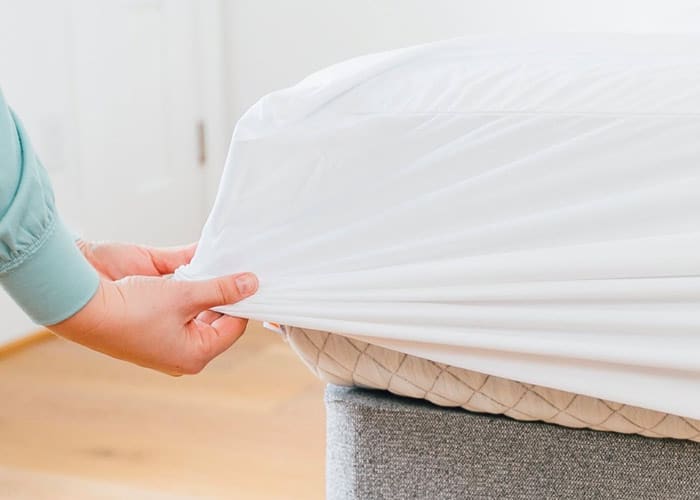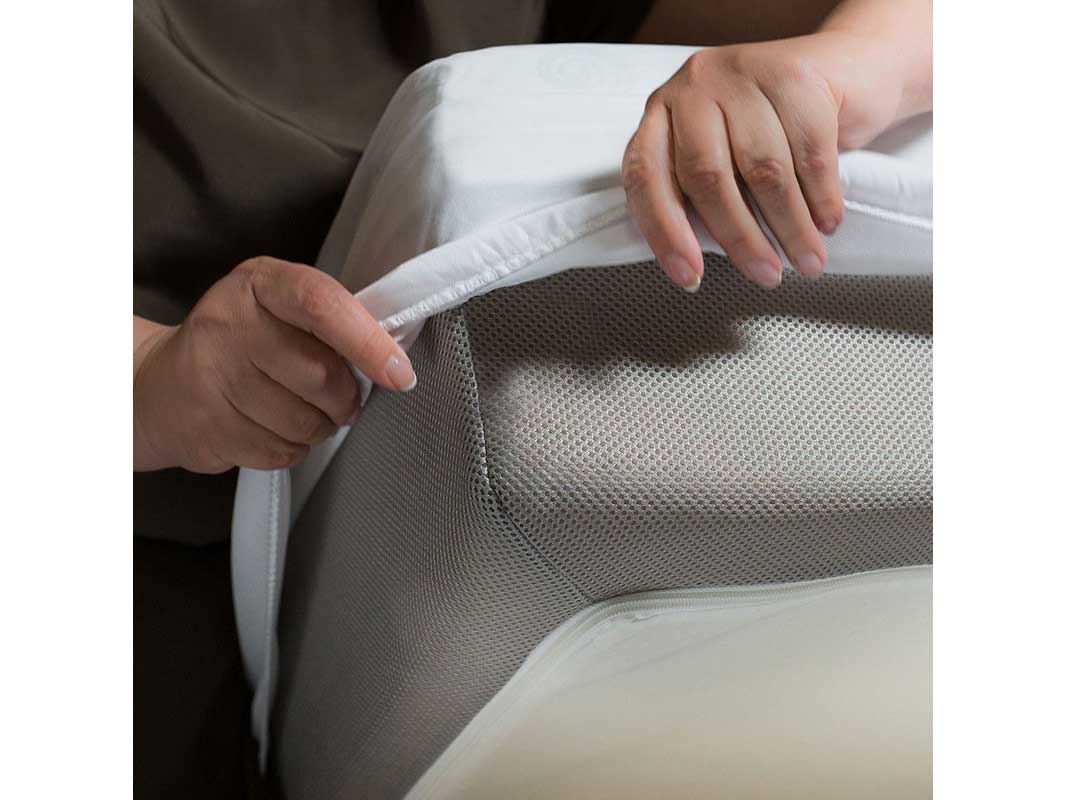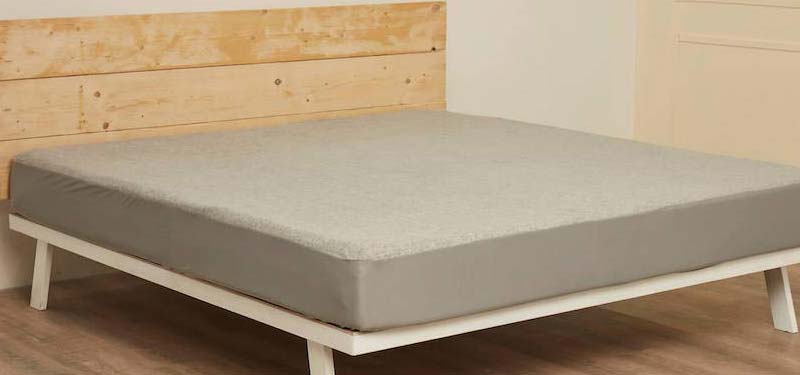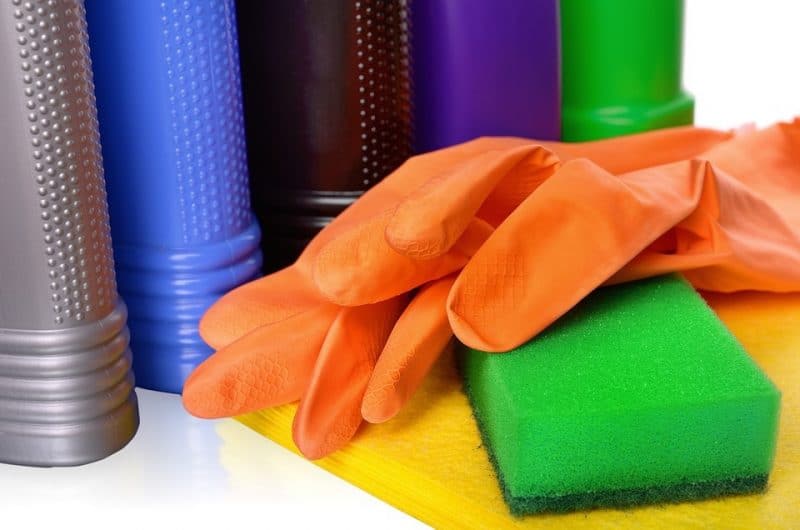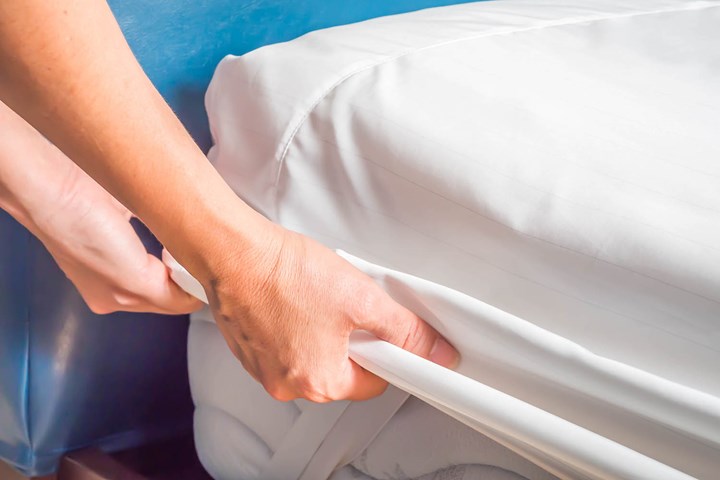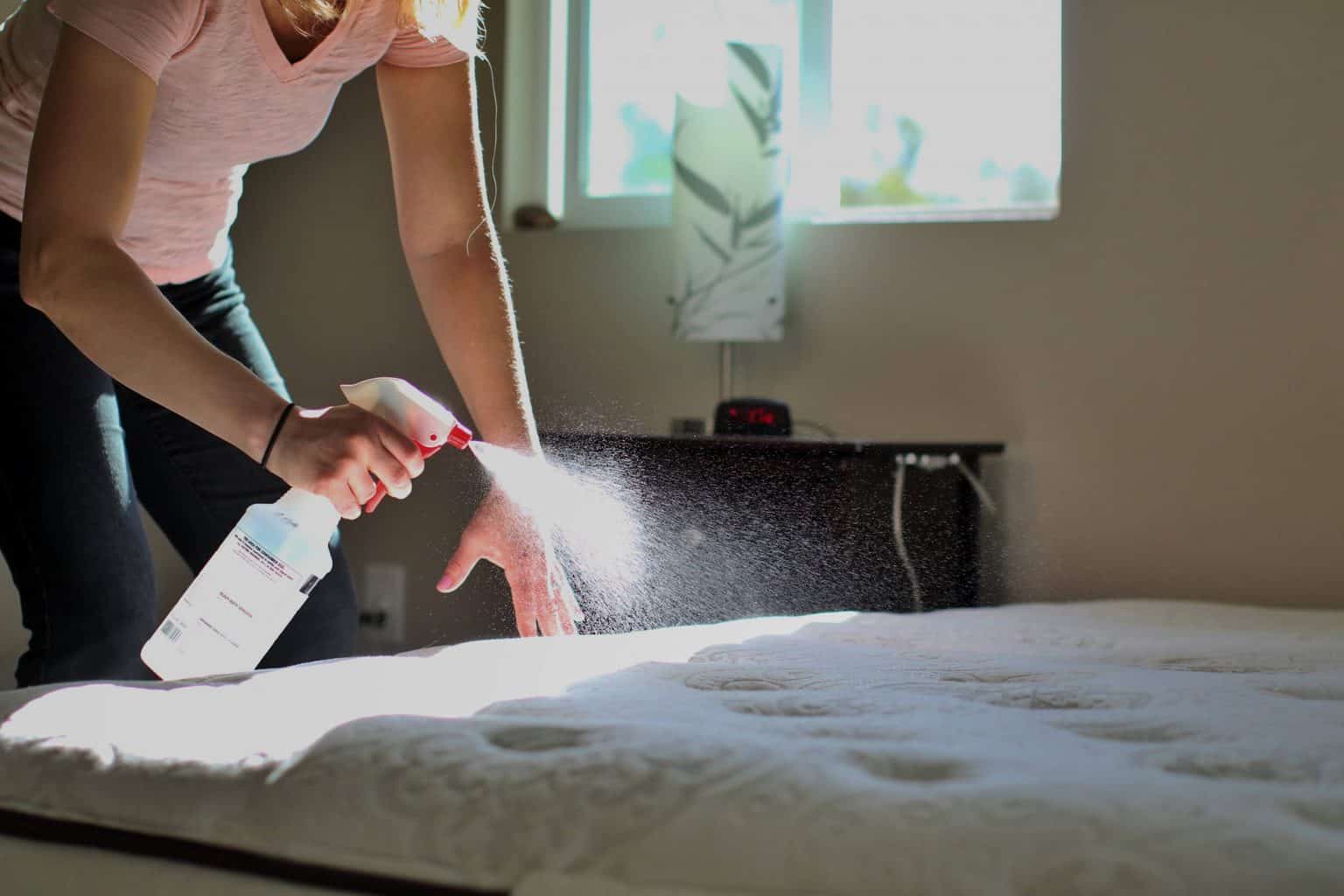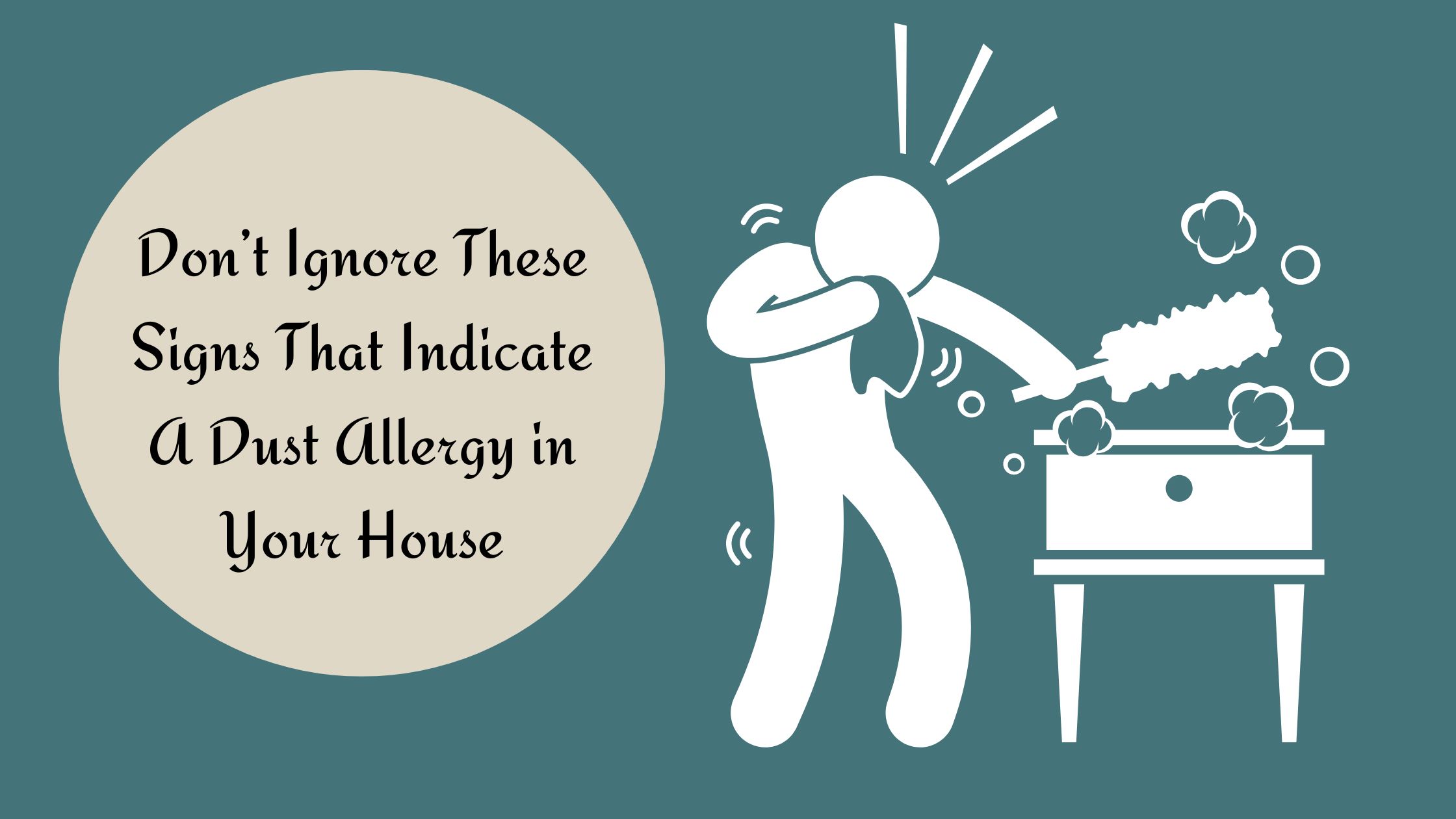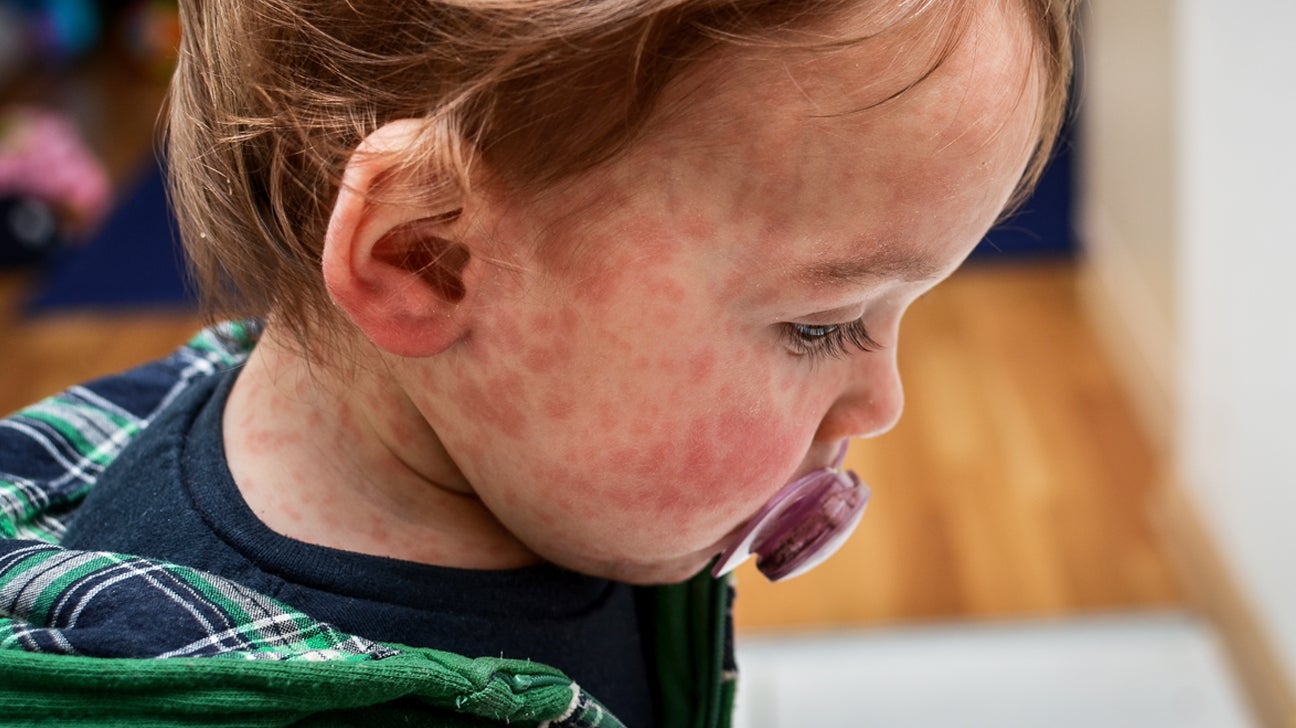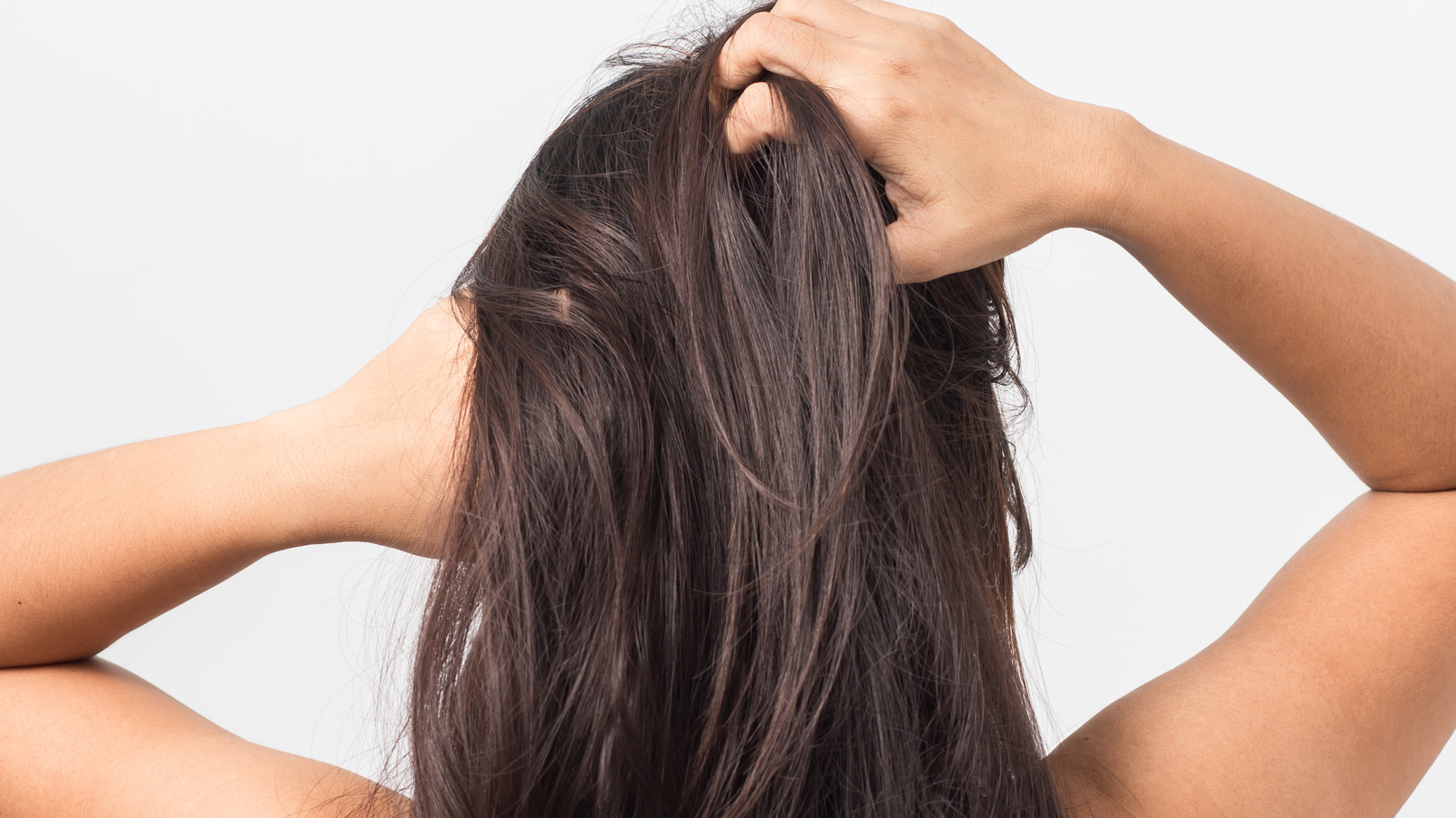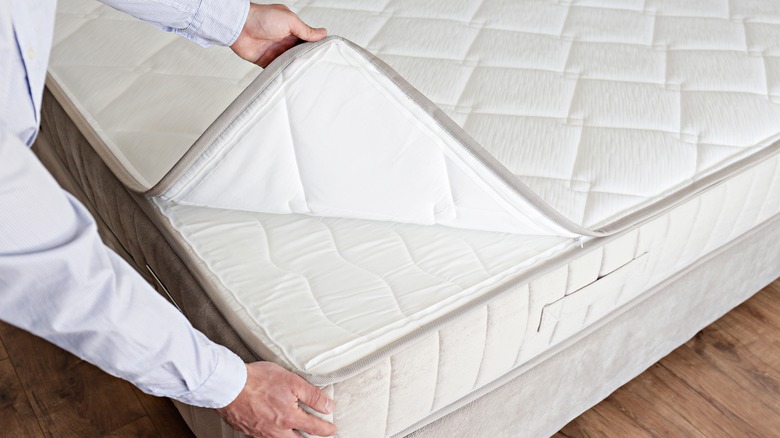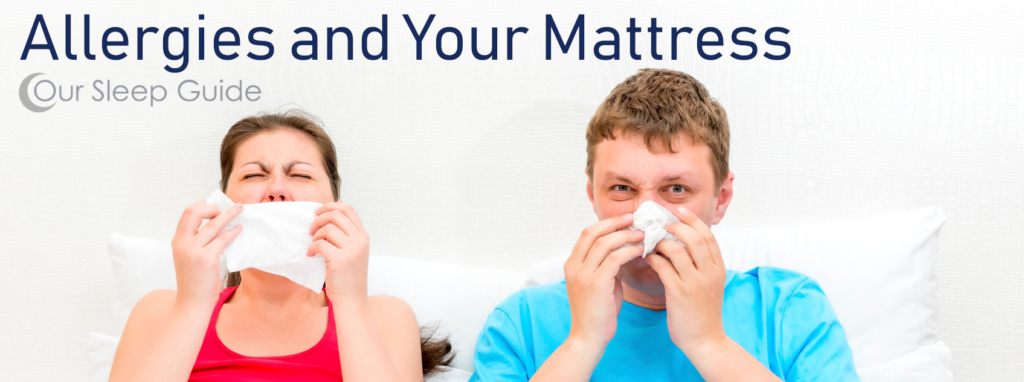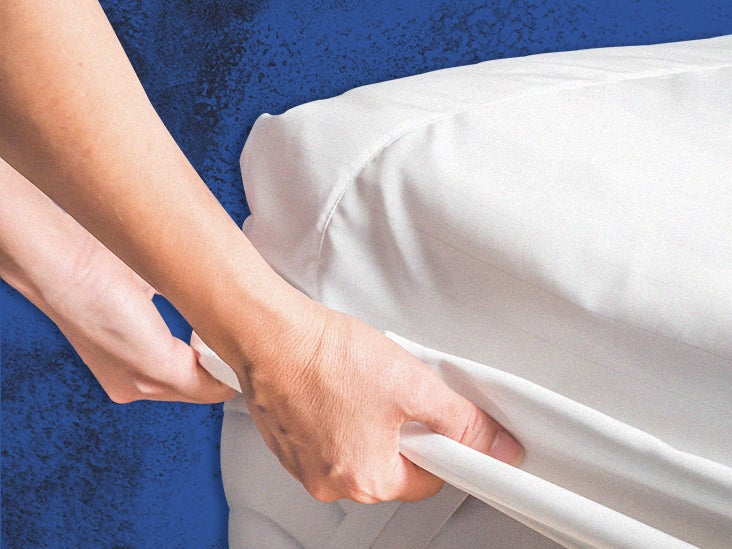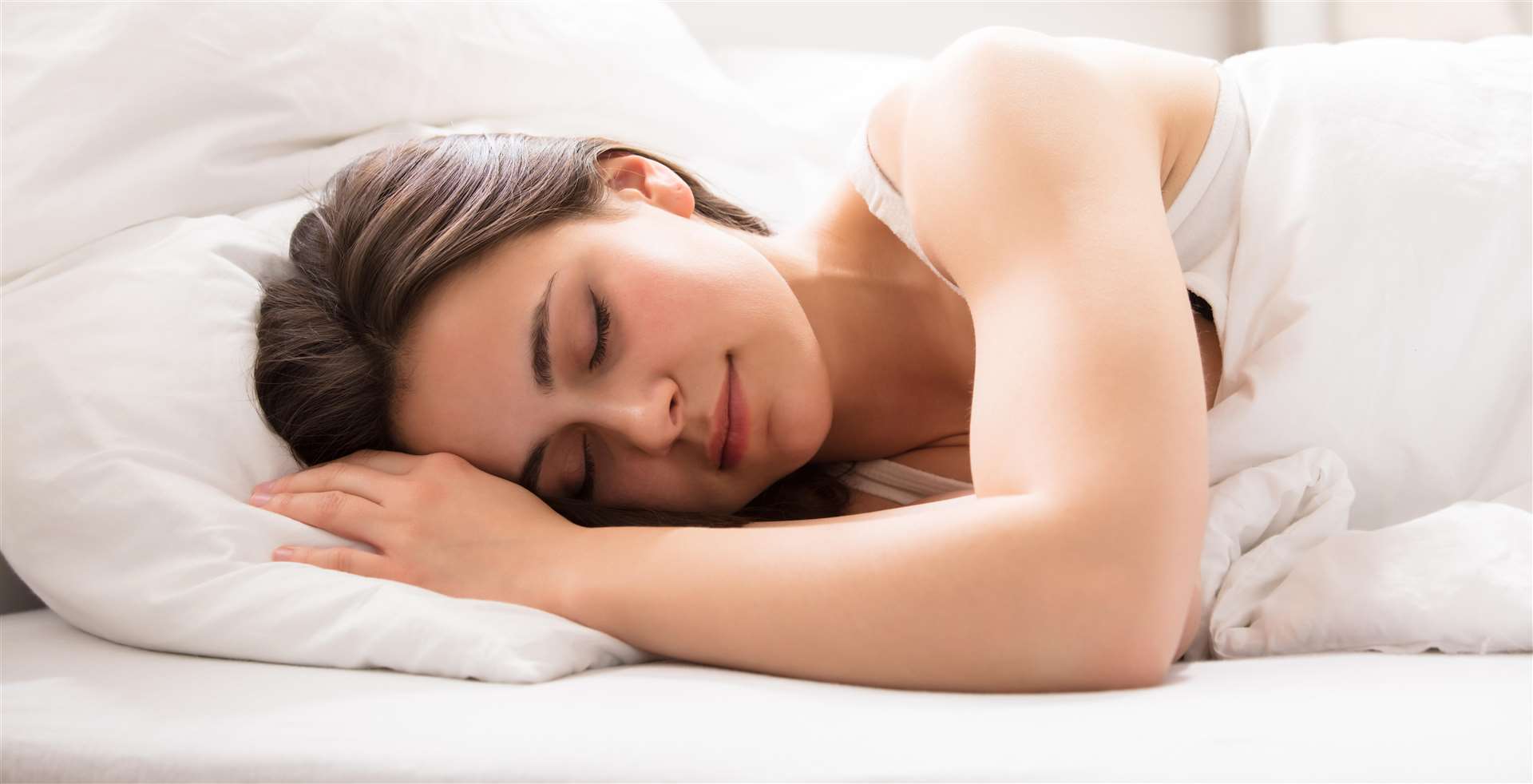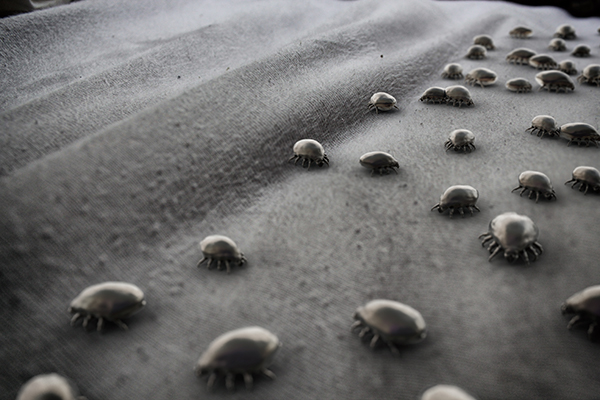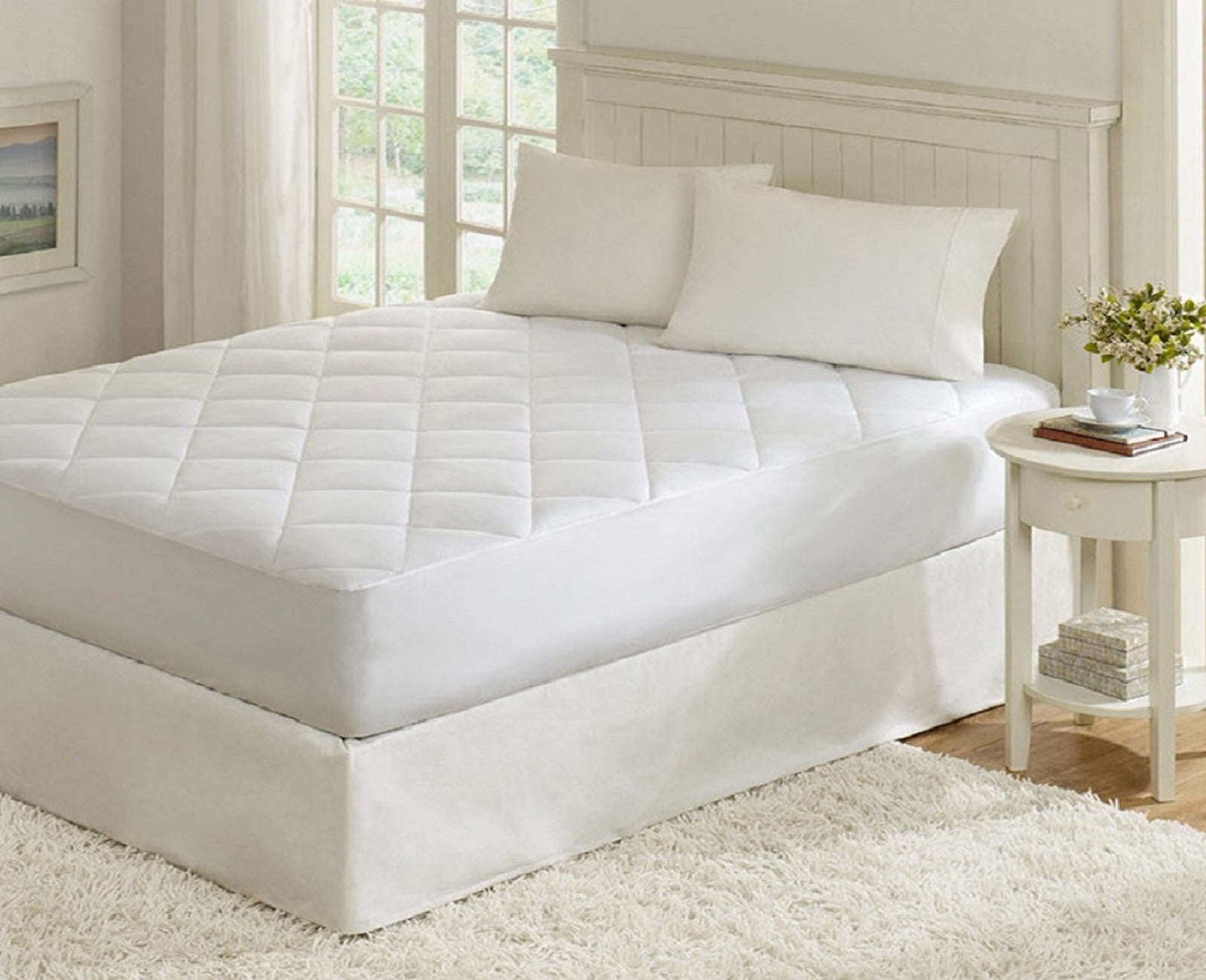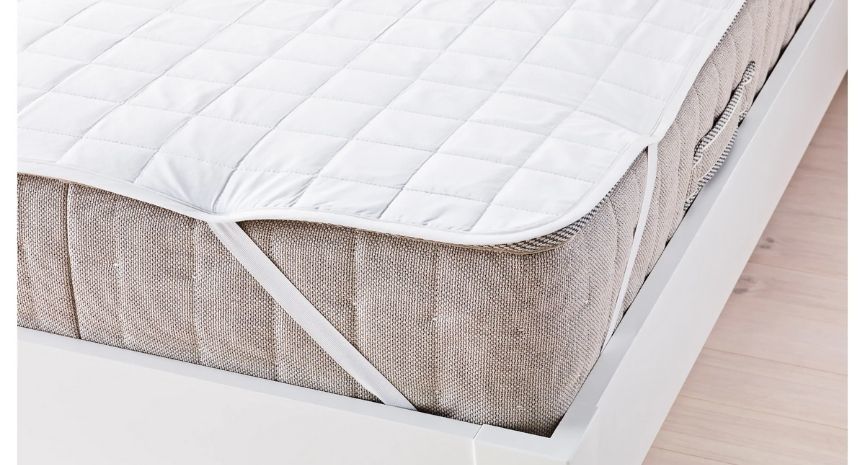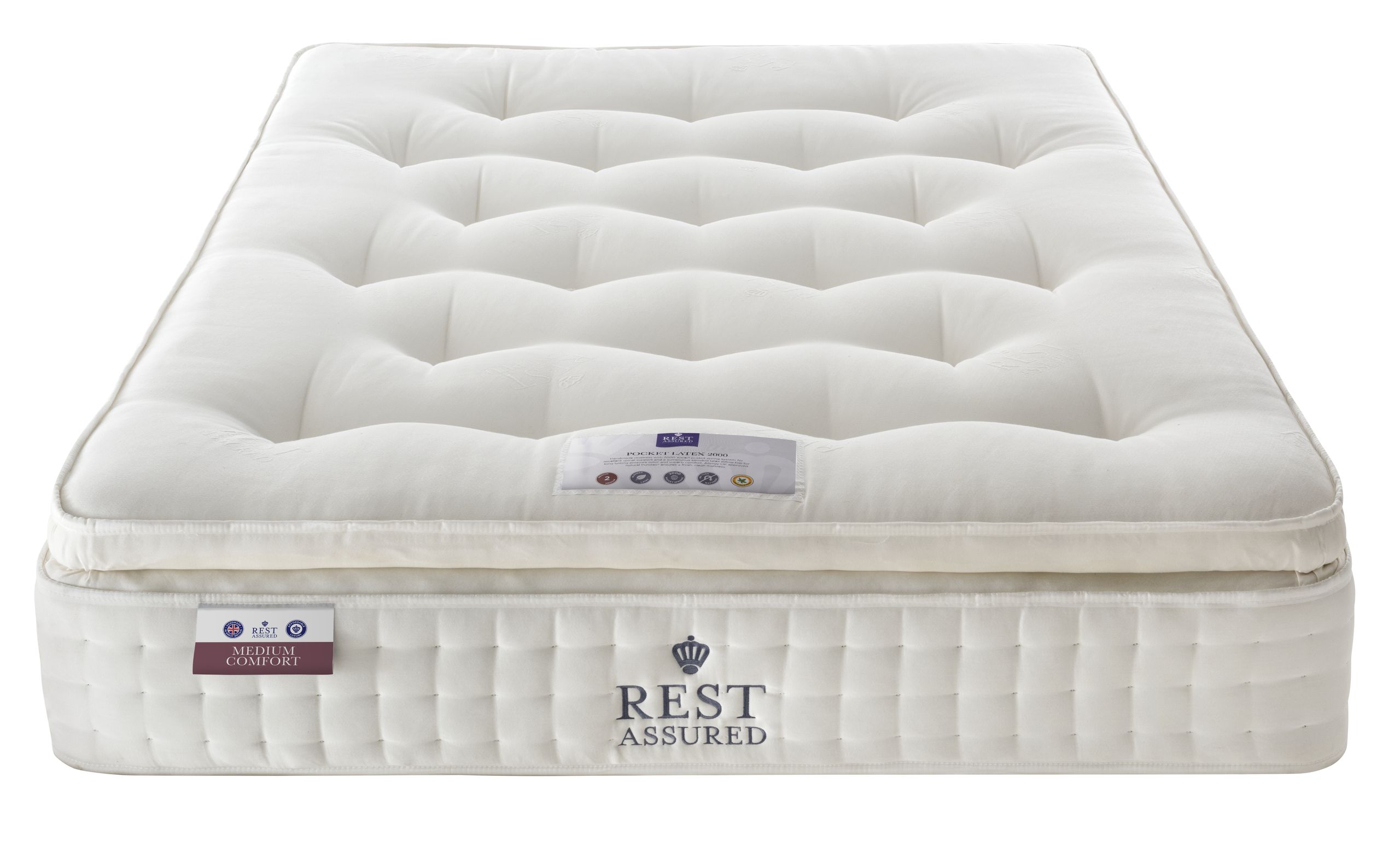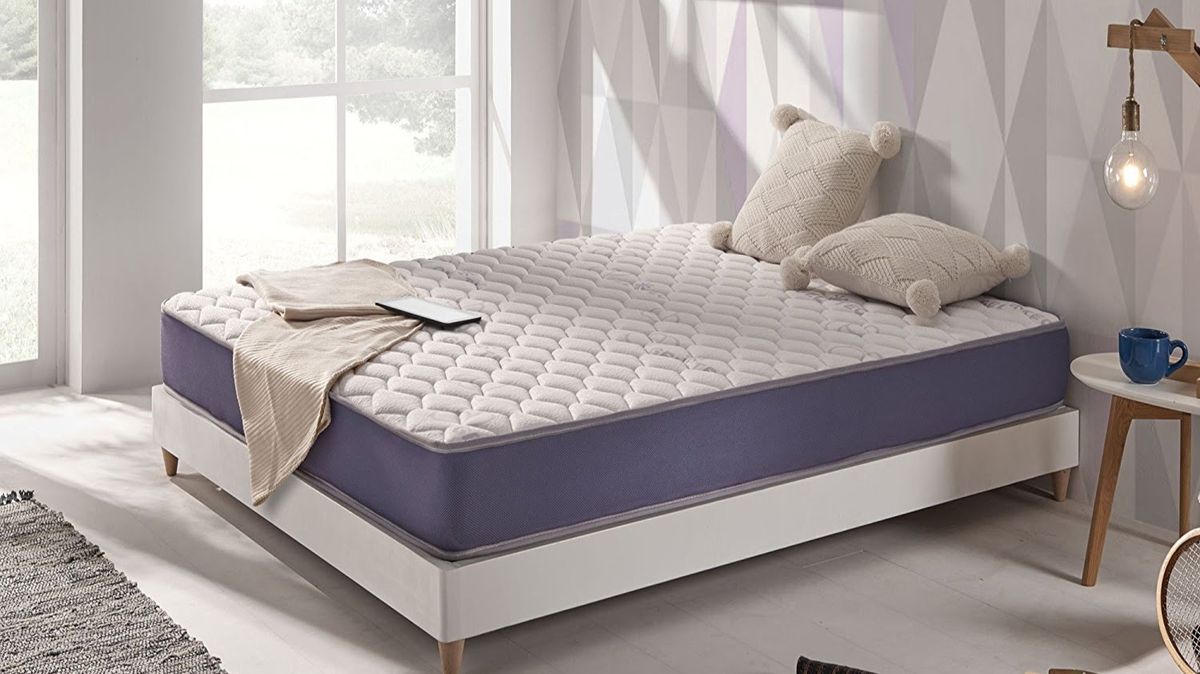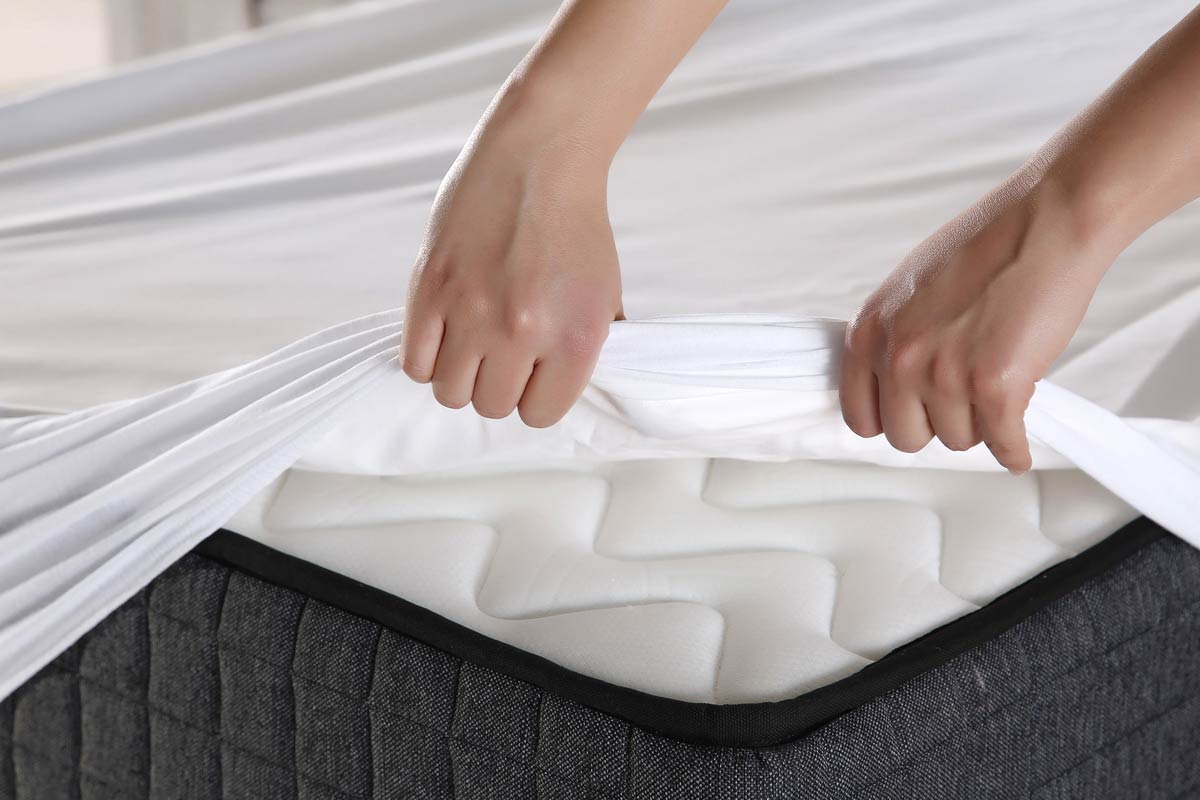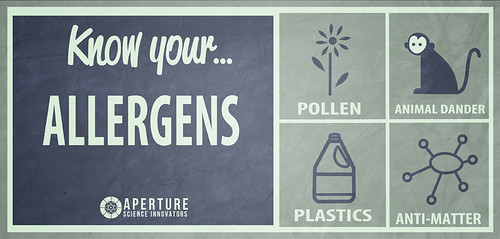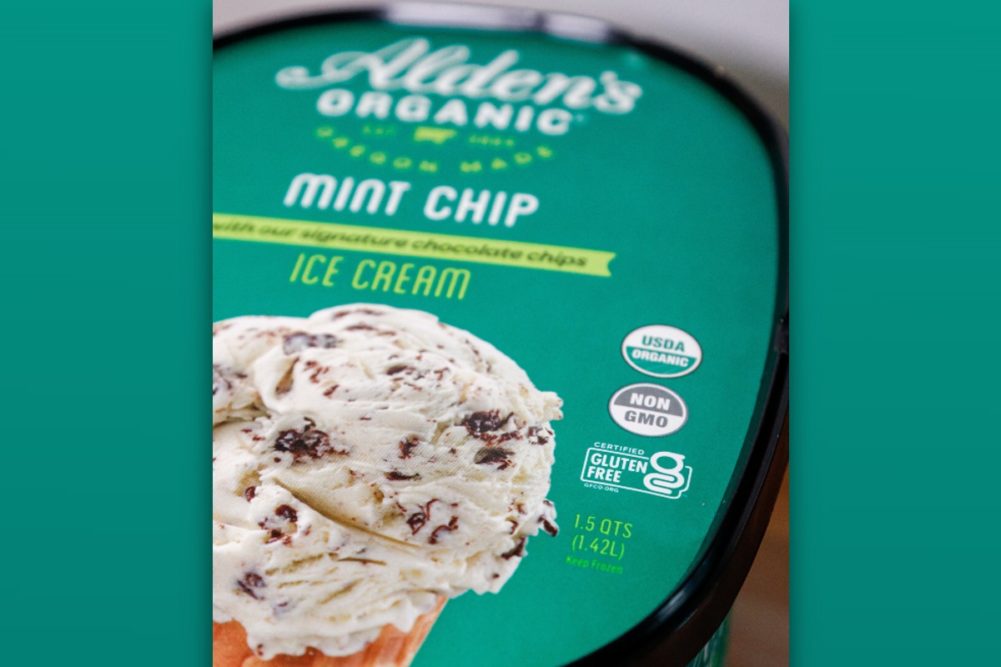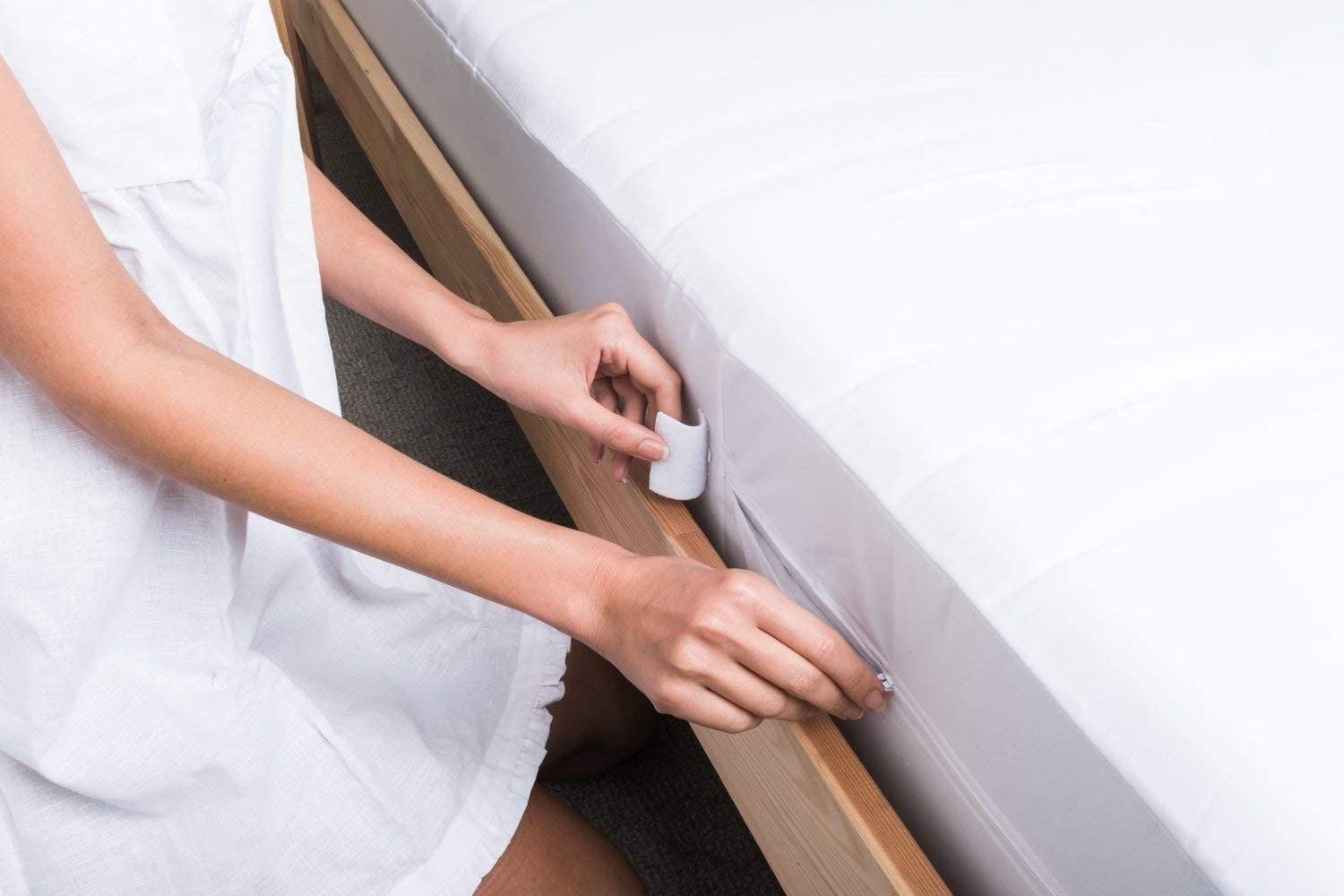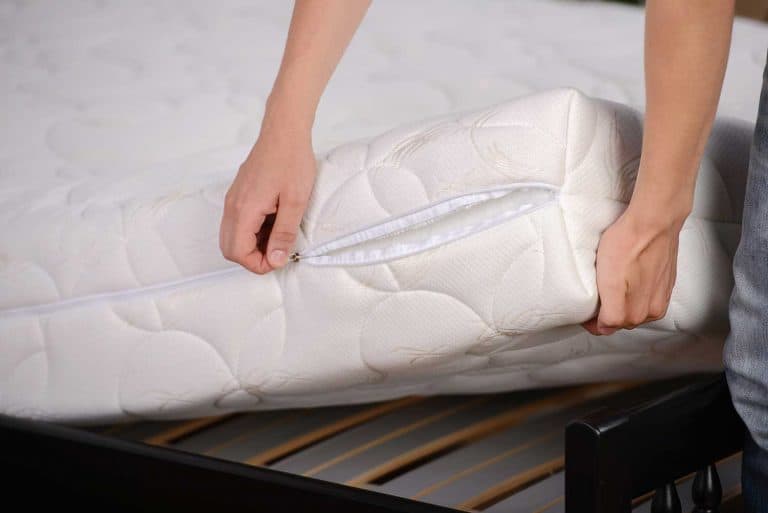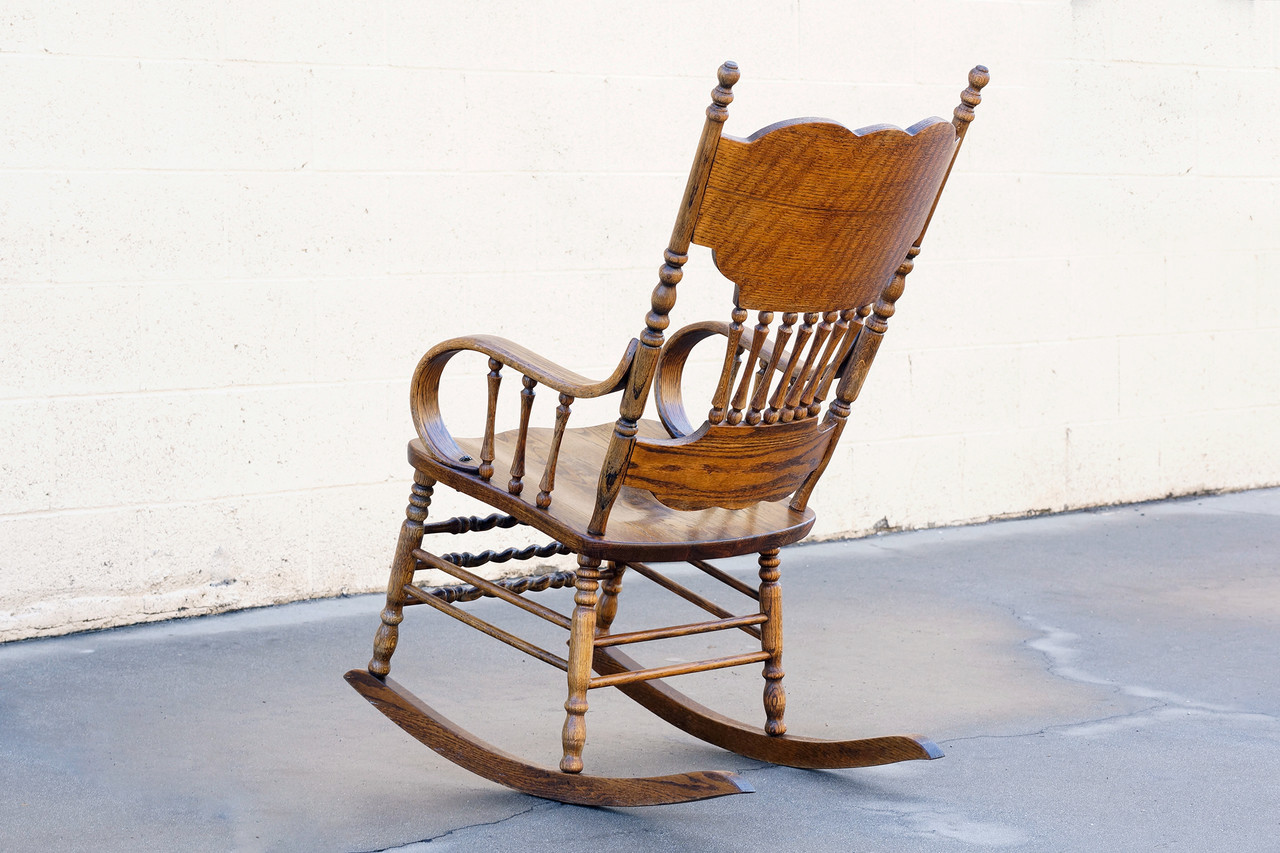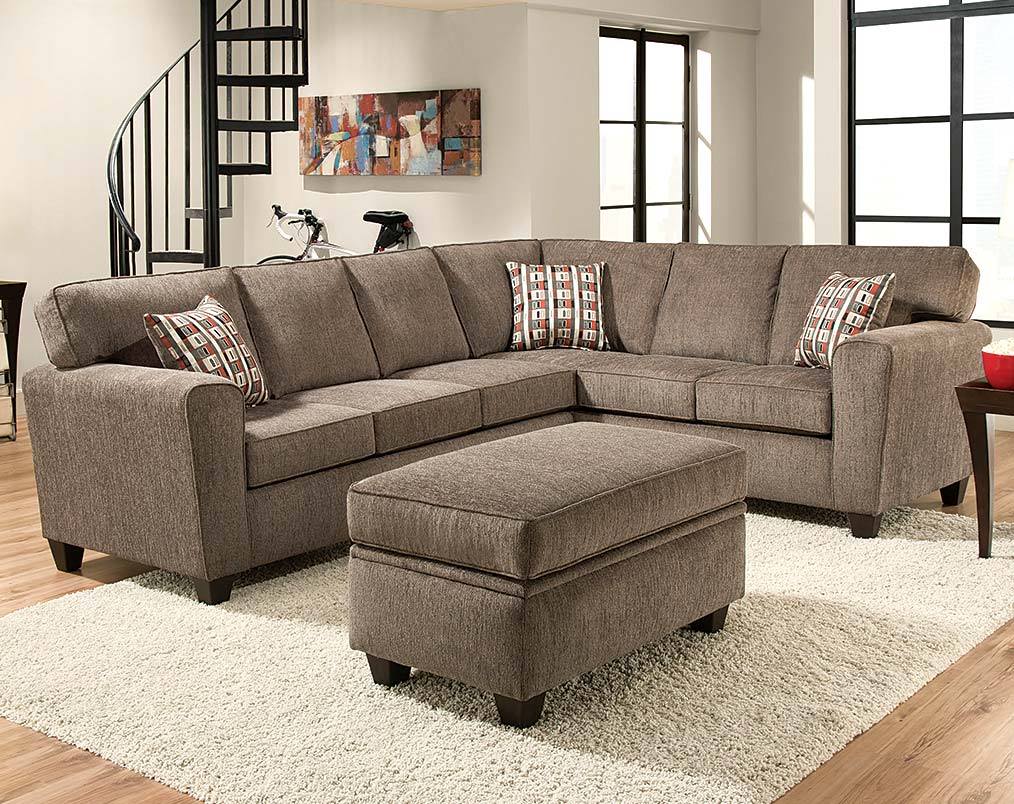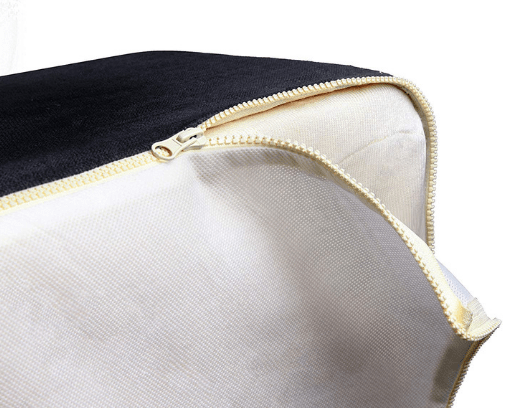How to Tell If You're Allergic to Your Mattress Protector
Your mattress protector may seem like a harmless addition to your bedding, but for some, it can actually be the source of their allergies. If you find yourself sneezing, coughing, or experiencing skin irritation while using a mattress protector, it's important to determine whether you're allergic to it. Here are some ways to tell if your mattress protector is causing your allergies.
How to Choose a Hypoallergenic Mattress Protector
If you suffer from allergies, it's important to choose a mattress protector that is hypoallergenic. This means that it is made from materials that are less likely to trigger allergic reactions. Look for mattress protectors made from materials such as bamboo or organic cotton, which are naturally hypoallergenic. Avoid materials such as polyester or microfiber, which can trap allergens and irritants.
Best Mattress Protectors for Allergies
When searching for the best mattress protector for allergies, there are a few key features to look for. First, make sure it is hypoallergenic and made from allergy-friendly materials such as bamboo or cotton. You should also look for a protector that is breathable and moisture-wicking to prevent the buildup of allergens. Some top-rated options for allergy sufferers include the Linenspa Waterproof Mattress Protector and the Sleep Safe ZipCover Mattress Protector.
How to Clean a Mattress Protector for Allergy Relief
If you're allergic to your mattress protector, it's important to clean it regularly to remove any allergens and irritants. Most mattress protectors can be machine washed, but be sure to check the care instructions first. Use a gentle detergent and avoid using fabric softeners, which can leave behind residue that can trigger allergies. You may also want to consider using a hot water wash and adding a cup of white vinegar to the rinse cycle, as this can help kill any allergens.
Signs You May Be Allergic to Your Mattress Protector
If you're not sure if you're allergic to your mattress protector, there are some common signs to look out for. These include sneezing, coughing, watery eyes, skin irritation, and difficulty breathing. If you experience any of these symptoms while using a mattress protector, it's worth considering whether you may be allergic to it.
How to Find the Right Mattress Protector for Your Allergies
When shopping for a mattress protector, there are a few things to keep in mind to ensure you find the right one for your allergies. In addition to looking for a hypoallergenic material, consider the level of protection the protector offers. Some come with a zippered closure to fully encase your mattress and prevent allergens from getting in. You may also want to look for a protector that is certified by allergists or has been tested for allergens to give you peace of mind.
Top Rated Mattress Protectors for Allergy Sufferers
If you're unsure which mattress protector to choose, consider going with one of the top-rated options for allergy sufferers. These include the AllerEase Maximum Allergy and Bed Bug Protection Zippered Mattress Protector, which is certified asthma and allergy friendly by the Asthma and Allergy Foundation of America, and the SafeRest Premium Hypoallergenic Waterproof Mattress Protector, which is lab tested and certified to be free of allergens.
How to Remove Allergens from Your Mattress Protector
Even with a hypoallergenic mattress protector, allergens can still build up over time. To remove them, you can try vacuuming the protector with a HEPA filter or using a steam cleaner to kill any remaining allergens. You can also try sunning the protector, which can help to naturally kill any bacteria or allergens. If you're particularly sensitive to allergens, consider washing your mattress protector more frequently, such as once a week.
Common Allergens Found in Mattress Protectors
There are a few common allergens that can be found in mattress protectors. These include dust mites, pet dander, pollen, and mold. These can all trigger allergies and make it difficult for allergy sufferers to get a good night's sleep. It's important to choose a mattress protector that is designed to prevent these allergens from getting into your mattress and causing issues.
How to Protect Your Mattress from Allergens with a Mattress Protector
One of the main purposes of a mattress protector is to protect your mattress from allergens. By choosing a hypoallergenic protector and regularly cleaning it, you can prevent allergens from getting into your mattress and causing issues for you. This can also help extend the life of your mattress and keep it clean and fresh for longer.
The Importance of a Mattress Protector for Allergies
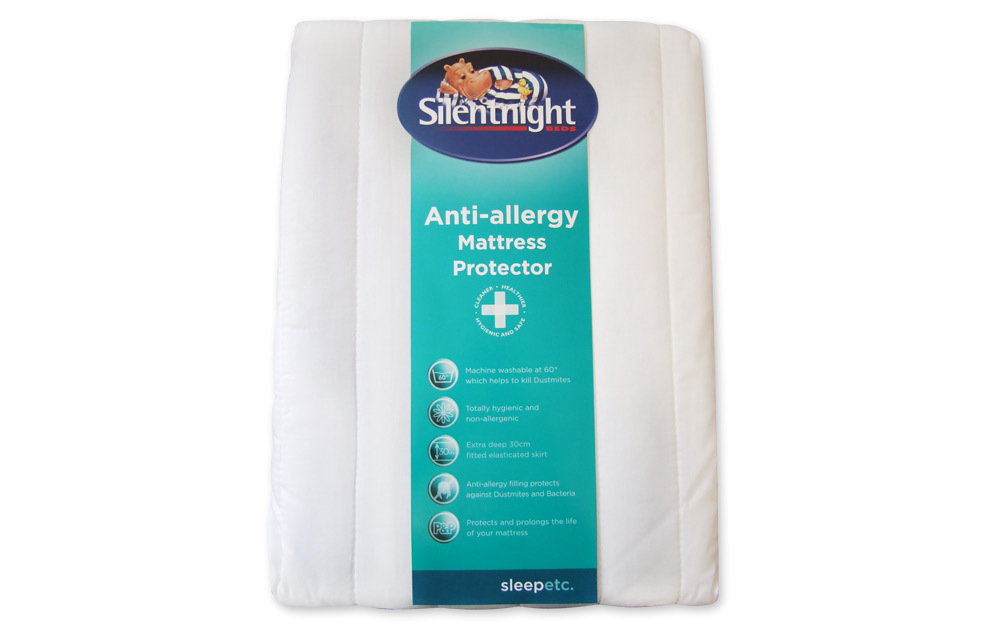
Protecting Your Health and Your Mattress
 A good night's sleep is crucial for our physical and mental well-being. However, for those who suffer from allergies, it can be difficult to get the rest we need.
One common culprit of allergies in the bedroom is an unprotected mattress.
Mattress protectors are an essential component of a healthy and allergy-free bedroom.
A good night's sleep is crucial for our physical and mental well-being. However, for those who suffer from allergies, it can be difficult to get the rest we need.
One common culprit of allergies in the bedroom is an unprotected mattress.
Mattress protectors are an essential component of a healthy and allergy-free bedroom.
The Role of a Mattress Protector
 Mattress protectors are thin, removable covers that are designed to fit over your mattress. They act as a barrier between you and your mattress, preventing allergens from penetrating the surface.
This is especially important for those who are allergic to dust mites, as these microscopic creatures thrive in mattresses and can trigger allergic reactions.
A mattress protector can also help protect against other common allergens such as pet dander, mold, and pollen.
Mattress protectors are thin, removable covers that are designed to fit over your mattress. They act as a barrier between you and your mattress, preventing allergens from penetrating the surface.
This is especially important for those who are allergic to dust mites, as these microscopic creatures thrive in mattresses and can trigger allergic reactions.
A mattress protector can also help protect against other common allergens such as pet dander, mold, and pollen.
How it Works
 A mattress protector works by creating a physical barrier between you and your mattress. The fabric used in mattress protectors is tightly woven, making it difficult for allergens to pass through.
It is important to choose a mattress protector that is specifically designed to be hypoallergenic and dust mite resistant.
This will ensure that you are getting the best protection for your health.
A mattress protector works by creating a physical barrier between you and your mattress. The fabric used in mattress protectors is tightly woven, making it difficult for allergens to pass through.
It is important to choose a mattress protector that is specifically designed to be hypoallergenic and dust mite resistant.
This will ensure that you are getting the best protection for your health.
The Benefits of a Mattress Protector
 Aside from protecting your health, a mattress protector also helps to extend the life of your mattress.
It acts as a shield against spills, stains, and normal wear and tear, keeping your mattress in good condition for longer.
This can save you money in the long run as you won't have to replace your mattress as frequently. Additionally, a mattress protector can also improve the overall comfort of your mattress by adding an extra layer of padding.
Aside from protecting your health, a mattress protector also helps to extend the life of your mattress.
It acts as a shield against spills, stains, and normal wear and tear, keeping your mattress in good condition for longer.
This can save you money in the long run as you won't have to replace your mattress as frequently. Additionally, a mattress protector can also improve the overall comfort of your mattress by adding an extra layer of padding.
Conclusion
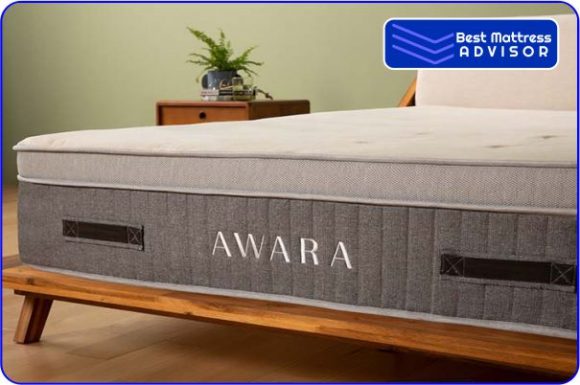 Investing in a high-quality mattress protector is a simple yet effective way to protect your health and your mattress.
Not only does it provide a barrier against allergens, but it also helps to extend the life of your mattress.
When shopping for a mattress protector, be sure to look for one that is hypoallergenic and dust mite resistant for the best protection. With a mattress protector in place, you can rest easy knowing that you are getting a good night's sleep in a clean and healthy environment.
Investing in a high-quality mattress protector is a simple yet effective way to protect your health and your mattress.
Not only does it provide a barrier against allergens, but it also helps to extend the life of your mattress.
When shopping for a mattress protector, be sure to look for one that is hypoallergenic and dust mite resistant for the best protection. With a mattress protector in place, you can rest easy knowing that you are getting a good night's sleep in a clean and healthy environment.



